In 1953, 19-year-old Tran Thanh Van from Dong Hoi, Quang Binh went to France, with absolutely no concept of science.
Forty years later, he returned to Vietnam as a physicist, connecting leading international physicists with the scientific community at home in a warm event called Meet Vietnam.
At that time, Vietnam was entering its 19th year of post-war US embargo. But among the faces attending the Vietnam Meeting that year were many Americans, including Professor Jack Steinberger - winner of the 1988 Nobel Prize in Physics.
At the age of 91, Professor Tran Thanh Van and his partner - Professor Le Kim Ngoc - are still working hard with the Vietnam Meeting forum, connecting the world's most brilliant minds with Vietnam and bringing Vietnamese scientists around the world closer together. And although more than 3 decades have passed, many of his companions have passed away, he still does not stop hoping and believing in the strong future of the country's science. Because as he said: "The history of our nation gives me optimism".


Actually, our main concern at first was not science but the plight of children after the war in our homeland. There were hundreds of thousands of children who had lost their parents because of bombs and bullets. Therefore, we wanted to carry out humanitarian activities first.
Our wish is not easy to fulfill.
We had to choose a humanitarian organization, SOS Children's Villages International, through which we started to build a children's village in Dalat. That was in 1974. A year later, the war ended, the children's village had to stop operating until 1989 when it was restored. The process of finding financial resources to restore the children's village in Dalat brought me in contact with Professor Odon Vallet, who later donated a lot of money to promote education in Vietnam.
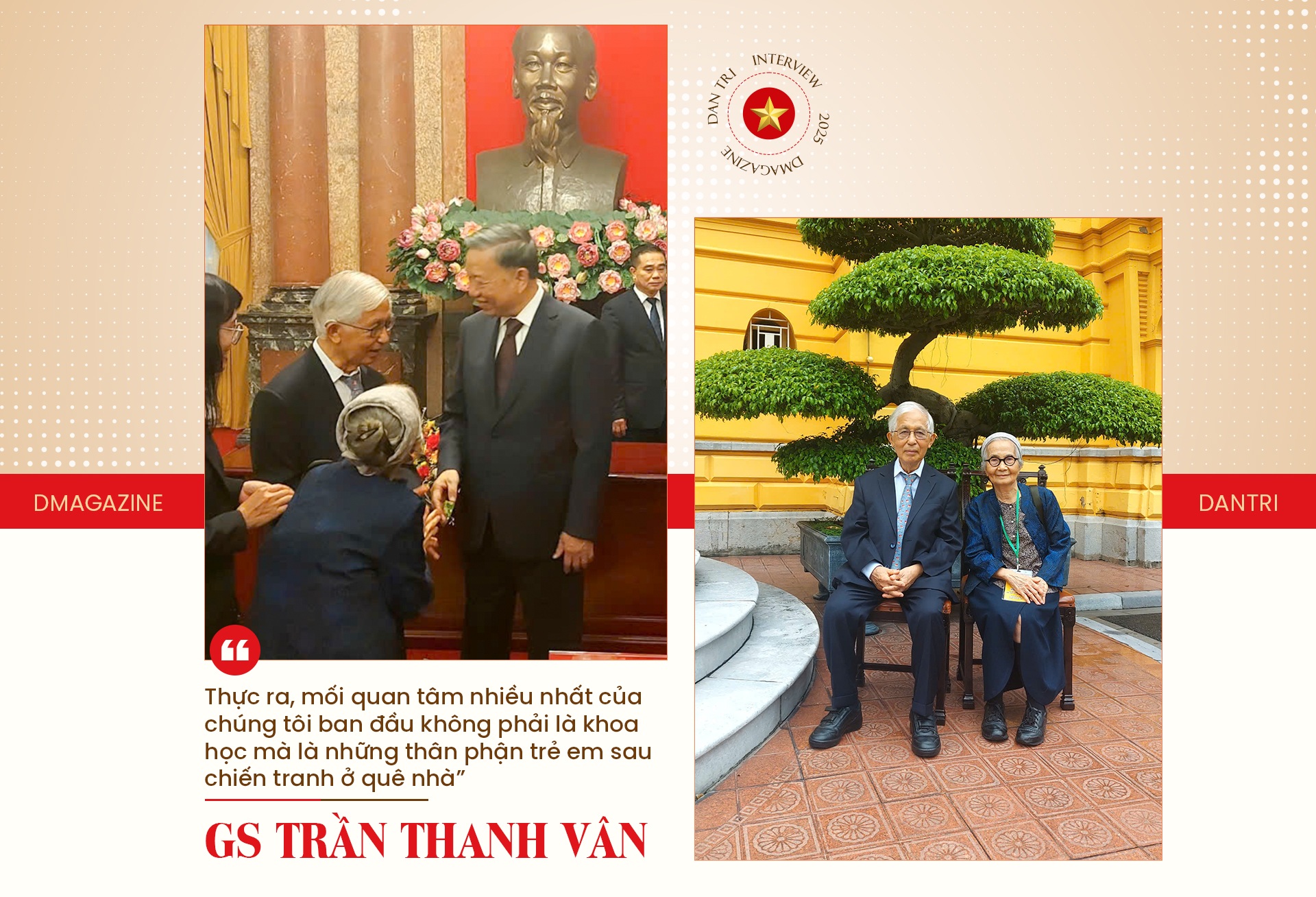
Returning to the story of why I organized the Vietnam Meeting, it began with a meeting 62 years ago. It was the summer of 1963, I attended a conference in Italy and met Professor Nguyen Van Hieu - the only Vietnamese from Vietnam. At that time, Hieu had just finished his thesis in Moscow, and I had just finished my thesis in Paris.
In 1963, the war in our homeland was extremely tense. My brother and I told each other that we must work together to help Vietnamese science. I carried that promise through 30 years, and in 1993, I was able to fulfill it.
As you know, the first Vietnam Meeting took place in December 1993 in the context of the country being embargoed by the US. Despite that, we still invited the American Nobel Prize-winning professor to Vietnam. And we were extremely surprised when President Le Duc Anh invited us, Professor Jack Steinberger and the whole delegation to the Presidential Palace. That reception was extremely warm, making the world's scientists very touched.
Why was I able to do Meet Vietnam? It was because I had the help of Professor Nguyen Van Hieu - who at that time had a great scientific reputation with the country's leaders, and was also the Director of the Vietnam Academy of Science and Technology.
From the success of the first one, in 1995, we organized the Vietnam Meeting in Saigon. That was the year of the total solar eclipse, an event that attracted a large number of world physicists. The main topics of the forum were particle physics and astrophysics.
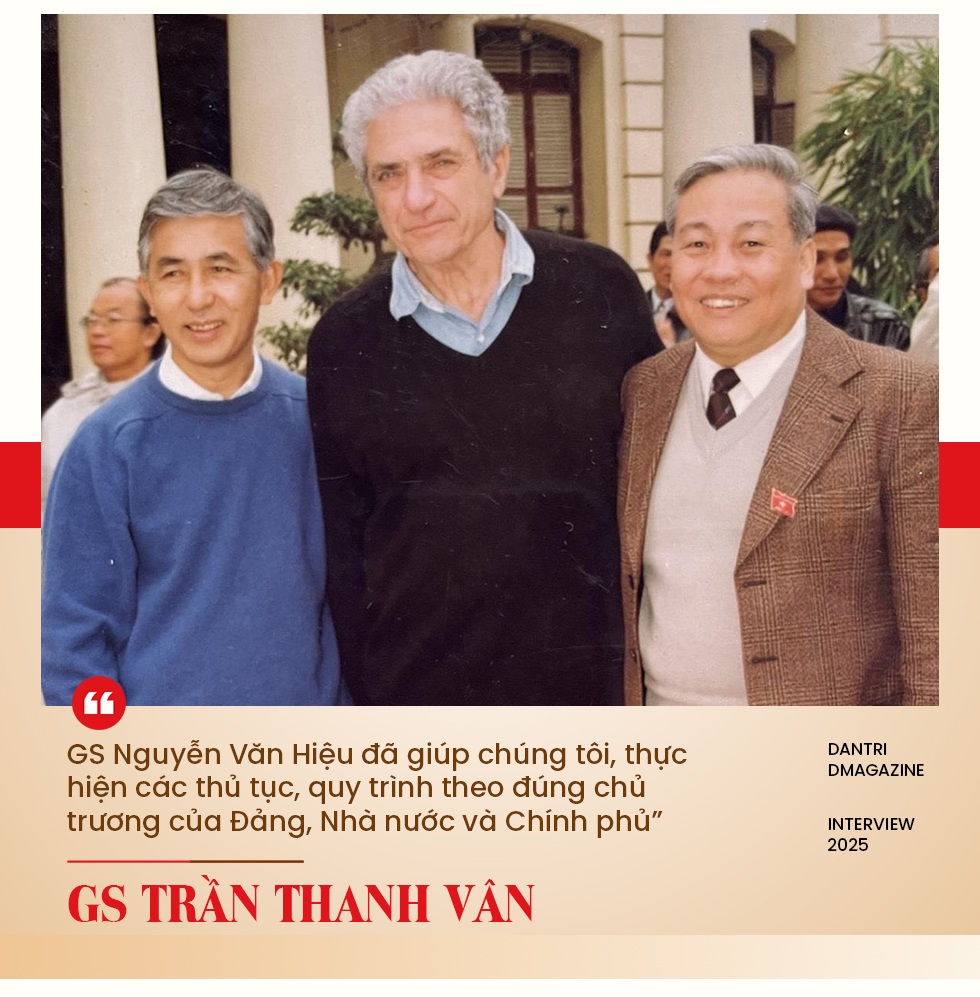
But there are still many difficulties related to procedures, regulations and mechanisms. Although the country has escaped the embargo, prejudice against foreigners is still very large. But once again, Professor Nguyen Van Hieu helped us, implementing the procedures and processes in accordance with the policies of the Party, State and Government.
That was how we did the first years of Meeting Vietnam. The credit goes to Professor Hieu. I will always be grateful to him. Without him, we could not have done anything for Vietnam.

There is an interesting story that, before the inauguration ceremony of the first year conference, Professor Hieu told me that I had to prepare envelopes to give to the people attending the conference. I was very surprised. I invited international scientists to Vietnam, they had to pay for their own airfare, accommodation, we could only take care of a few people, but I had to pay for Vietnamese scientists who were in Vietnam to attend.
I told Mr. Hieu that I could not do that. Although the amount was not much, it was not right. Mr. Hieu accepted, and we did not give envelopes to anyone. After that, scientific conferences in Vietnam did not have envelopes anymore.

For nearly 20 years, we only held conferences. Then, we realized that, in order for Vietnam to have a reputation for scientific meetings, we must first have a place to gather world scientists. They must know where Vietnam is. Therefore, we went to the localities to choose a place to carry out the project International Center for Interdisciplinary Science and Education (ICISE).
We went to survey 7-8 provinces. All the provinces were very welcoming. They said they could create a new product called scientific tourism. That was very good but not completely suitable for our goals, until we met the Chairman of Binh Dinh Province (now Gia Lai) Vu Hoang Ha.
We said we wanted to set up a center to promote basic science.
Mr. Ha said in a clear voice, “I am not stupid enough to give you guys land to build that center.” Then he was silent for a while. Everyone in the meeting room looked at each other, guessing that things were not going well. Mr. Ha continued: “But I think that no matter how much money I have, I still don’t know where to buy what you guys bring to us, which is… brainpower.”
I was surprised when the provincial leaders showed special interest in basic science. And so, we decided to choose Quy Nhon.
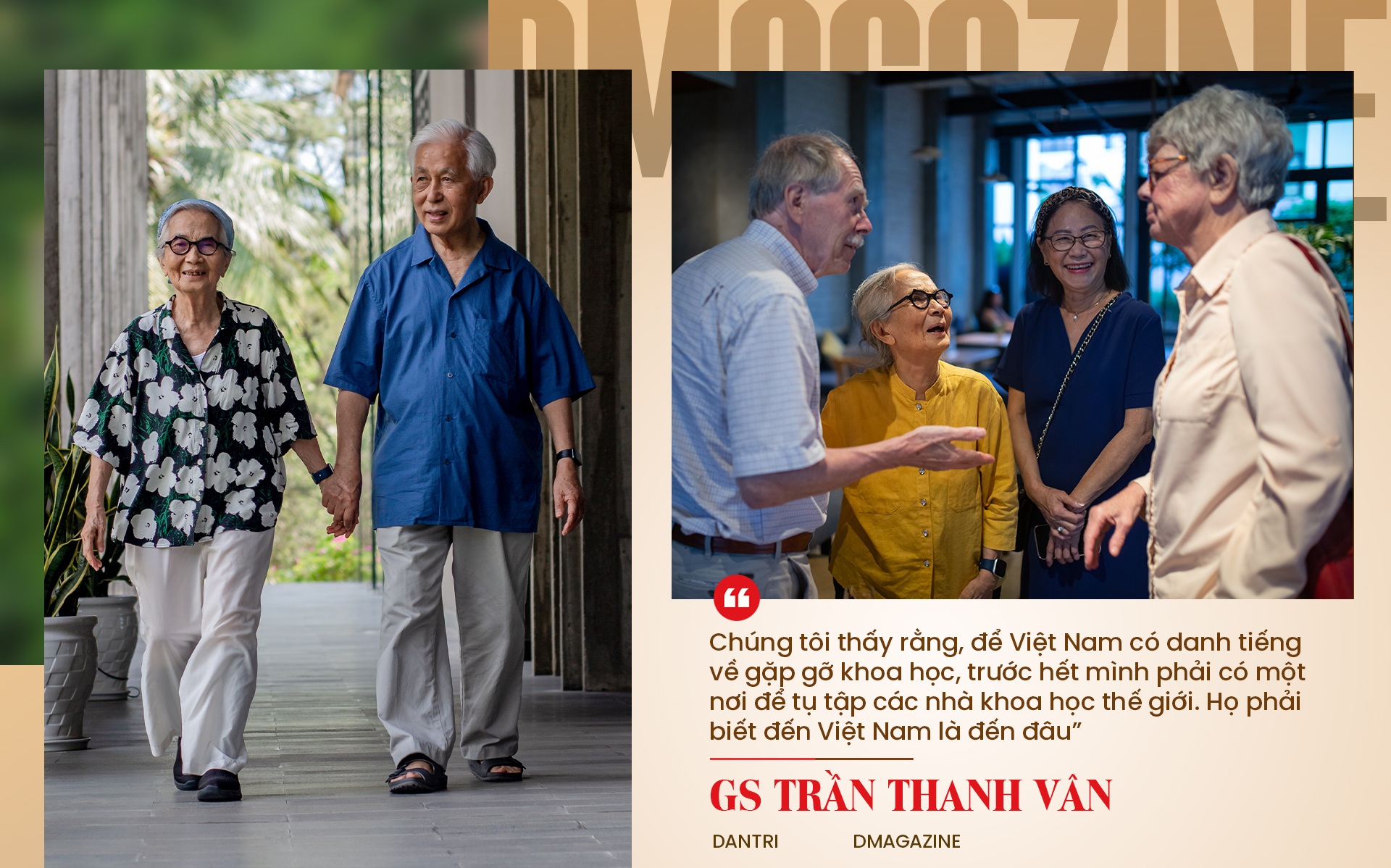
Later, other provincial leaders asked me if I was from Quy Nhon. I said no, my hometown is Quang Binh, my wife's hometown is Vinh Long. I chose Quy Nhon only because there was a leader there who understood science and wanted to do science.
A few years later, when we wanted to build another science discovery center, I went to Mr. Nguyen Quan - Minister of Science and Technology. Mr. Quan said he was very supportive but he also had to ask for approval from the Government. While I was talking to him, the then Prime Minister, Mr. Nguyen Tan Dung, called. I presented my idea to the Prime Minister and luckily the Prime Minister understood and agreed immediately.
Therefore, the plan to build a science discovery center was carried out very quickly.
That said, what we have achieved is the result of the joint efforts of many people, especially the help of many leaders with vision and love for science.
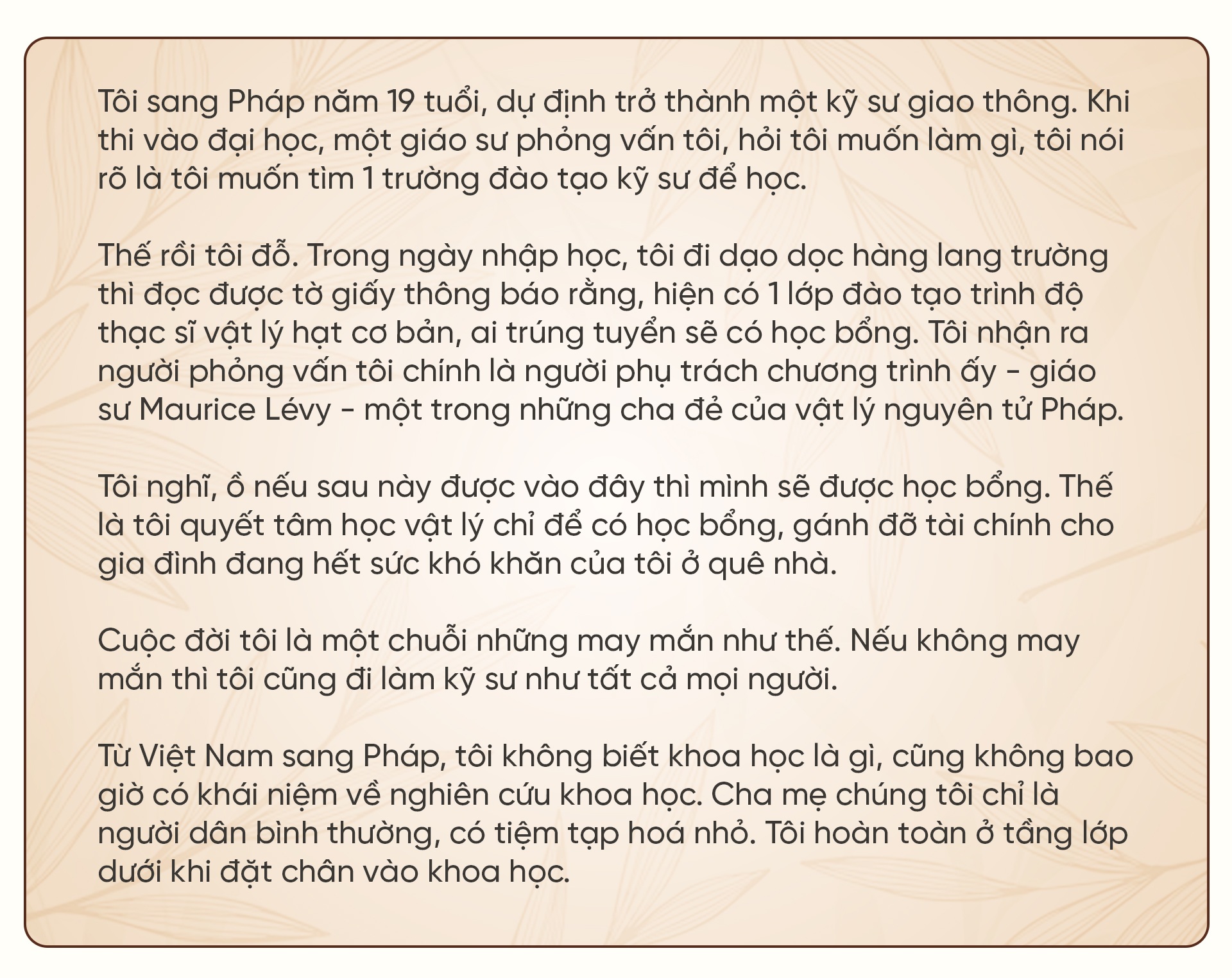


I have already presented this to the General Secretary in 2024, that we really need to focus on science. Focusing on science is focusing on the future. To do that, we must bring science to the masses, to children, so that in the heart of every child there is a love for science. And to do that, Vietnam must have many scientific discovery centers.
The science discovery center should be centrally located, easily accessible, and accessible to children at any time after school.
In Hanoi, we proposed to make a science discovery center in the city and in the city, not 30 km away from the center. There is a center in Hoa Lac, but are there children there?
20 years ago, the French government set aside a 17-hectare area in the city to be a center for scientific exploration. Why can’t Hanoi set aside 5-10,000 square meters - about 1 hectare - for science, for the future of Vietnam?
In the arts, we have the Hoan Kiem Theater, a very beautiful theater that organizes concerts that are not inferior to those of advanced countries in the world. So there is no reason why science should not have a “Hoan Kiem Theater” like that. We need to have centers of scientific discovery that are worthy of the world.

In 2016, Minister Nguyen Quan had just finished his term, we organized the 12th Meeting Vietnam. That year, 5 Nobel Prize-winning scientists came to Vietnam to attend the conference. Professor David Gross - Nobel Prize in Physics in 2004 - frankly commented that "basic science in Vietnam develops very slowly".
He said that, based on his research, he estimated that the investment in scientific research in Vietnam was only about 0.21% of GDP. This level was equal to Cambodia, 10 times lower than China and 20 times lower than South Korea. He concluded: Vietnam needs to invest more in basic science, at least 2% of the national budget, because investment in science is investment for the future.
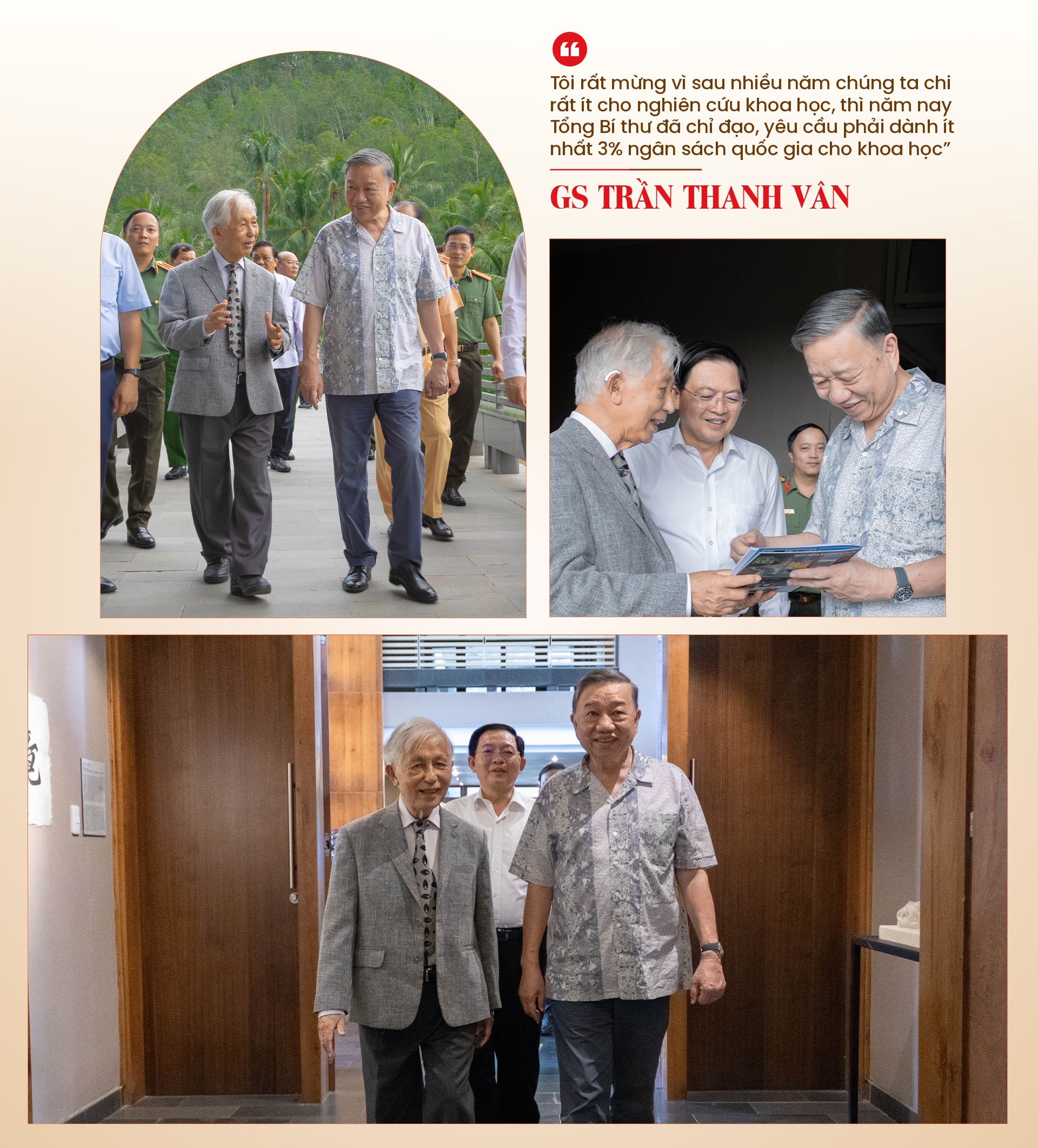
For decades, Vietnam has suffered from a brain drain. Young people who want to do science have to go abroad. If investment in research and development increases, we will not only attract Vietnamese brains but also foreign brains. That is the key to the development of Vietnamese science.
I am very pleased that after many years of spending very little on scientific research, this year the General Secretary has directed and required that at least 3% of the national budget be allocated to science.

There are moments when I am extremely pessimistic, but looking at the past, at the history of the nation, I feel optimistic.
We have gone through 1,000 years of Chinese domination, who would have thought that our people and our language would still exist? We still have heroes leading the people to gain independence and protect that independence for over 1,000 years.
Vietnam also went through a difficult subsidy period, everything was stagnant, unexpectedly there were still leaders who changed the mechanism, innovated drastically, so that the country could develop rapidly like today.
And although science was not properly invested for decades, it has now been invested with 3% of the national budget.
The past shows us that, in seemingly deadlocked situations, our country still has pioneering leaders, ahead of their time, who change the destiny of the nation.
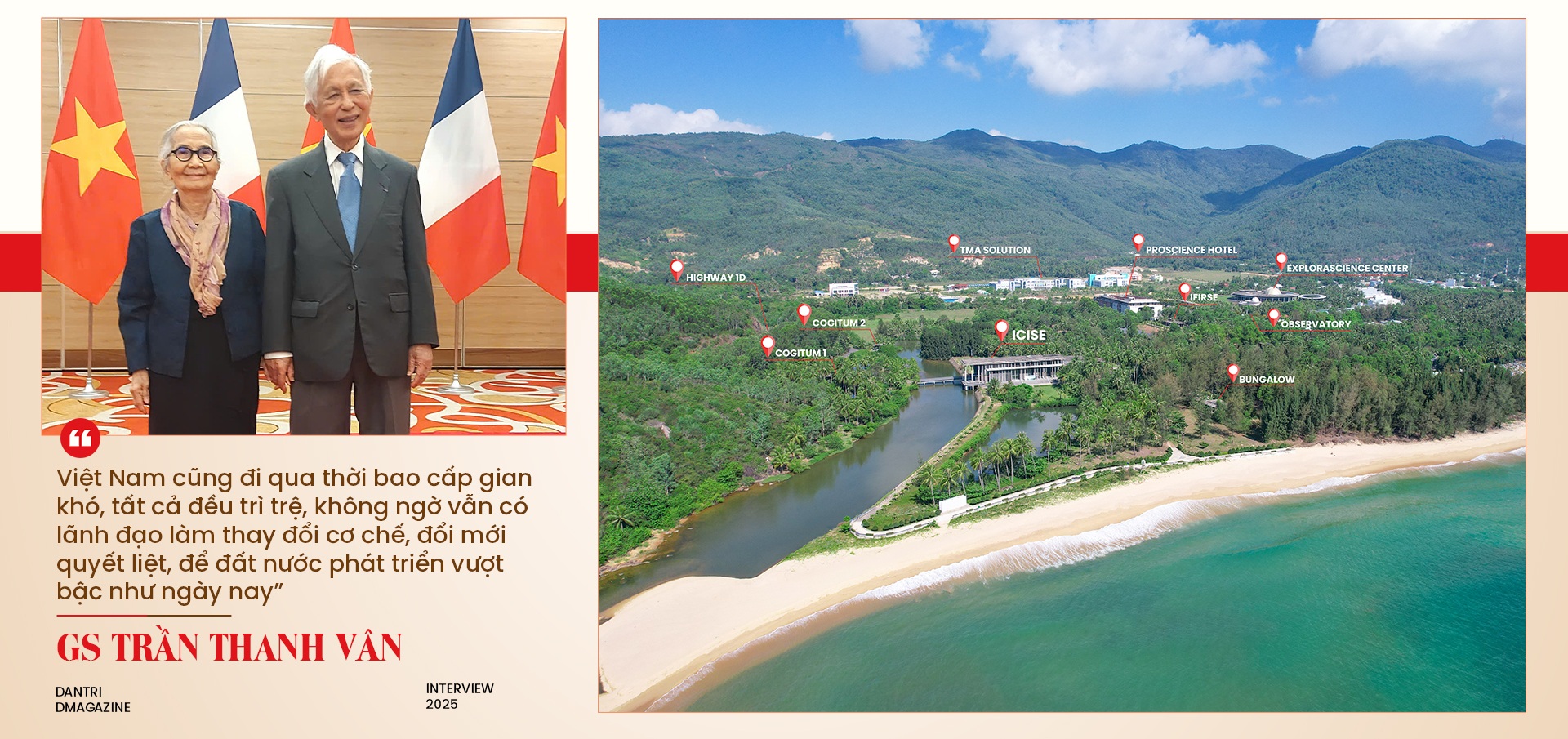
Therefore, I am always optimistic that there will always be talented leaders to bring Vietnamese science in particular and Vietnam in general to become strong.
The important thing is that we never stop believing and dare to dream big.
In the first letter that Uncle Ho wrote to students on the first day of school in 1945, he set the goal of bringing the country to the stage of glory to stand shoulder to shoulder with the world powers. While the country had just gained independence and was poor in every way, Uncle Ho still set that great goal.
That is our path. I tell myself that I must always contribute to the development of Vietnam. Despite all the difficulties, and until now there are still many difficulties, I always believe in this path.
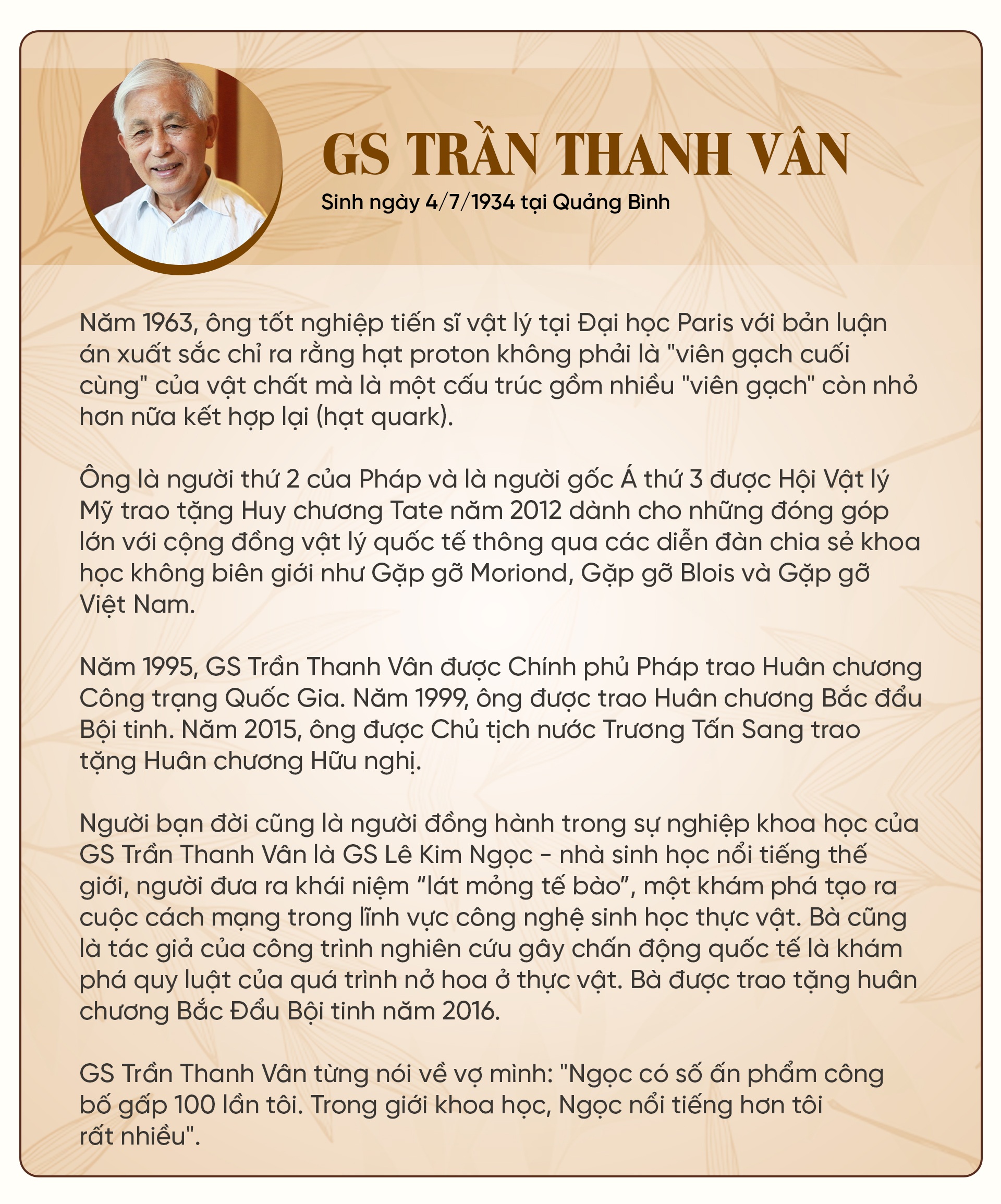
Article: Hoang Hong
Design: Tuan Huy
Source: https://dantri.com.vn/giao-duc/gs-tran-thanh-van-can-mot-nha-hat-ho-guom-cua-khoa-hoc-cong-nghe-20250821201054333.htm






![[Photo] Prime Minister Pham Minh Chinh receives President of Cuba's Latin American News Agency](/_next/image?url=https%3A%2F%2Fvphoto.vietnam.vn%2Fthumb%2F1200x675%2Fvietnam%2Fresource%2FIMAGE%2F2025%2F12%2F01%2F1764569497815_dsc-2890-jpg.webp&w=3840&q=75)




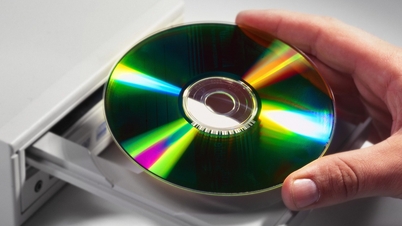

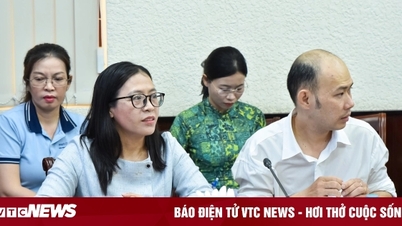

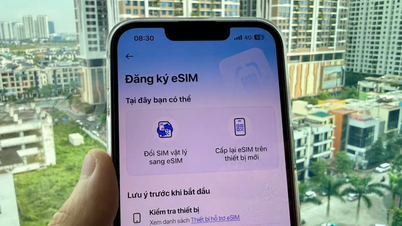


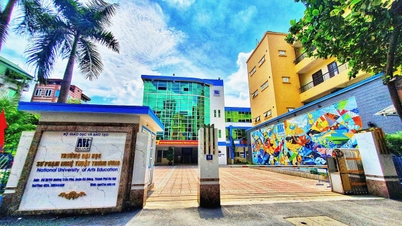
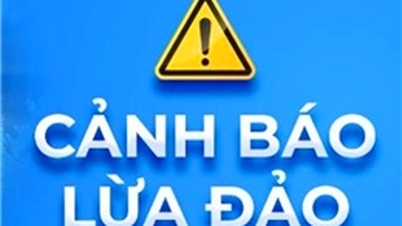

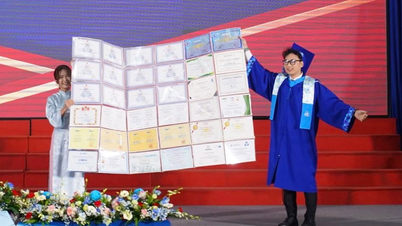
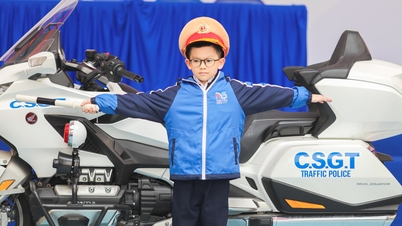
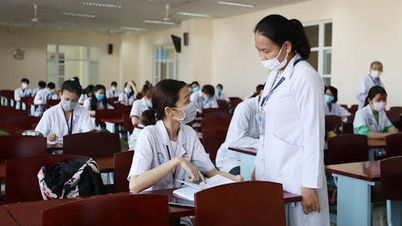
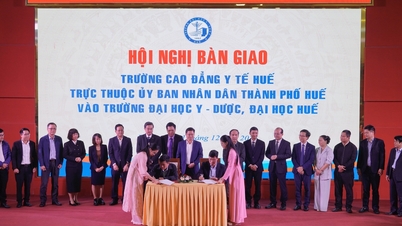




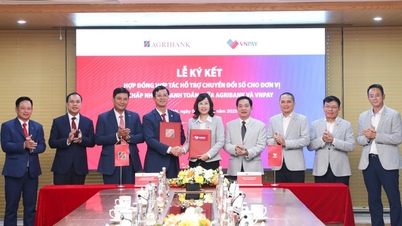

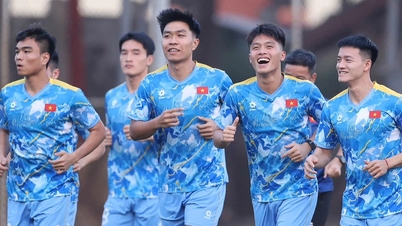

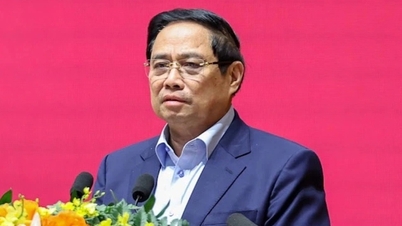



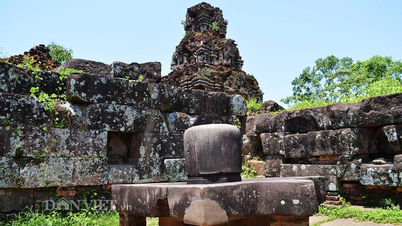

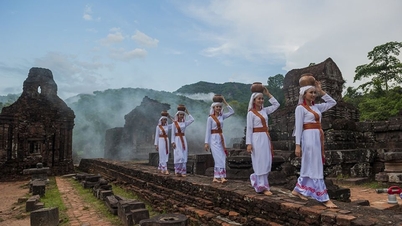

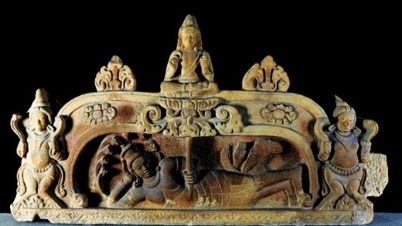
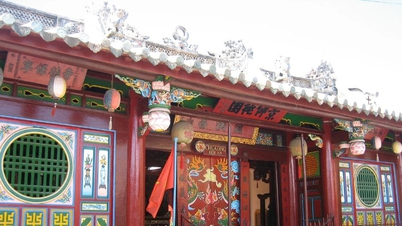
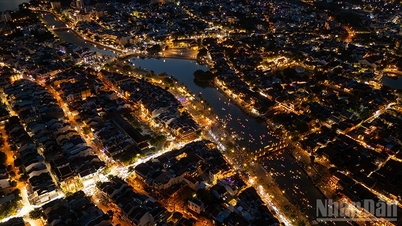

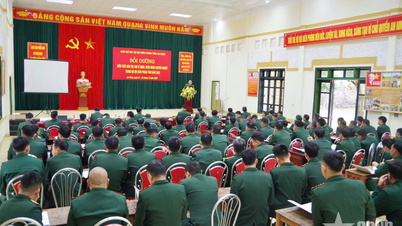

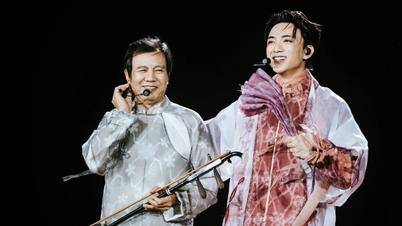
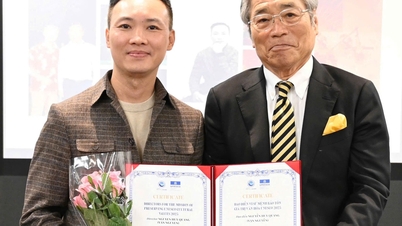

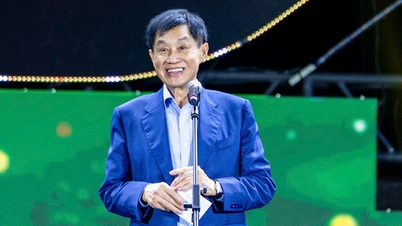
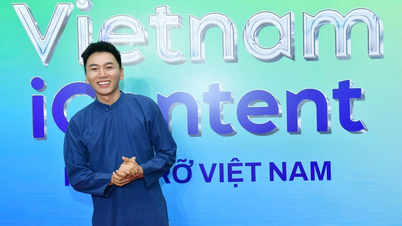

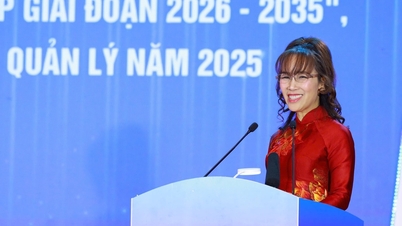
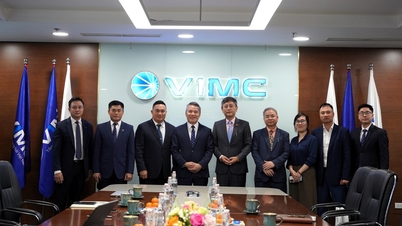


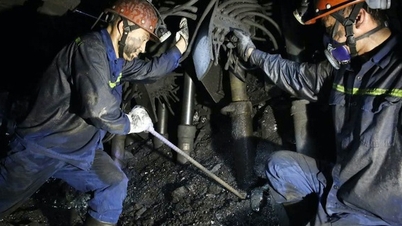

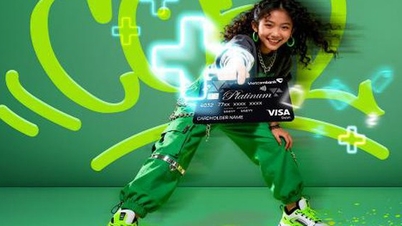
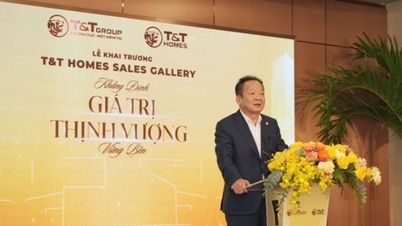









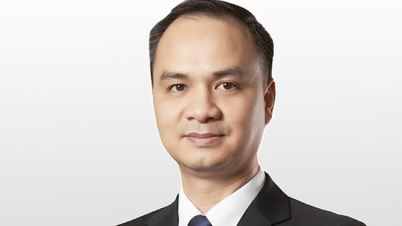
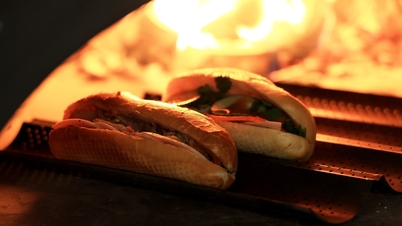
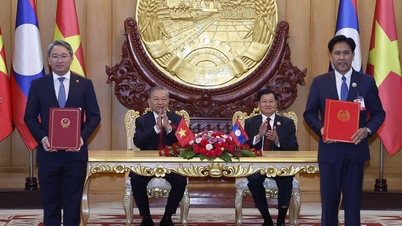
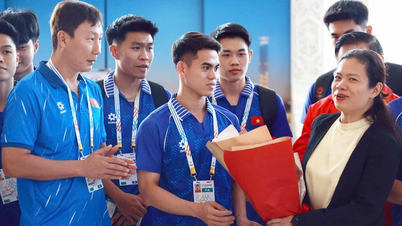
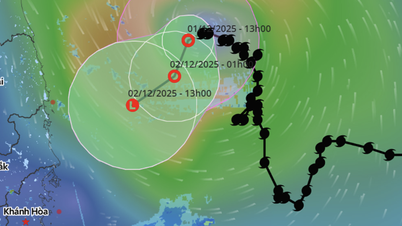
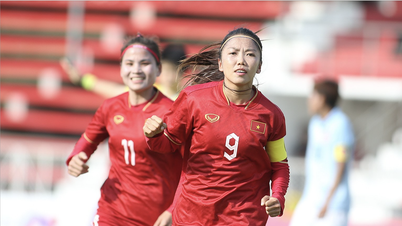
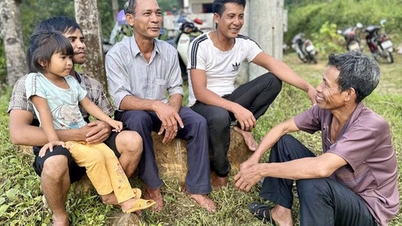

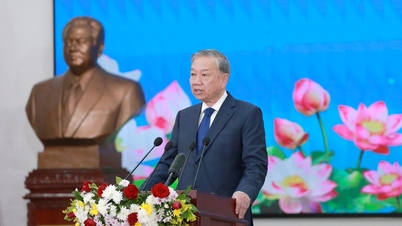

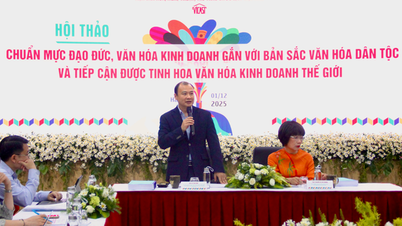
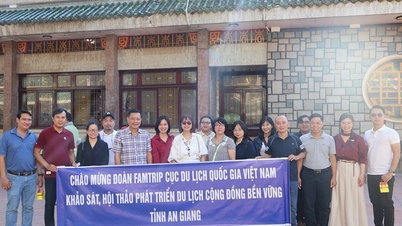
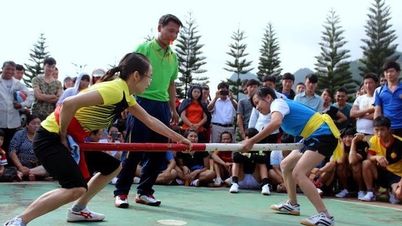
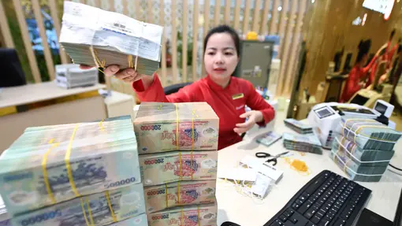

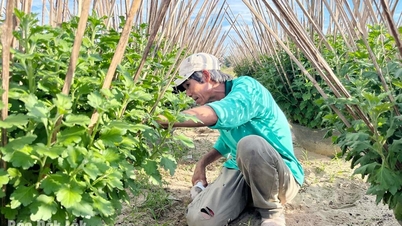

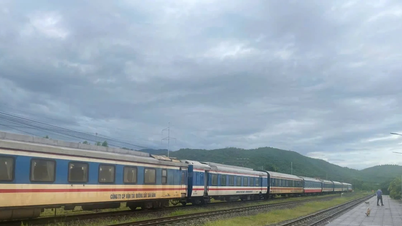
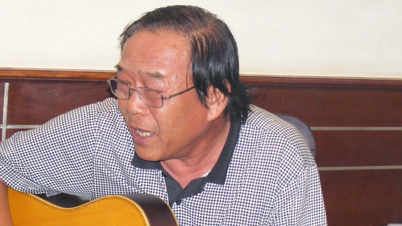
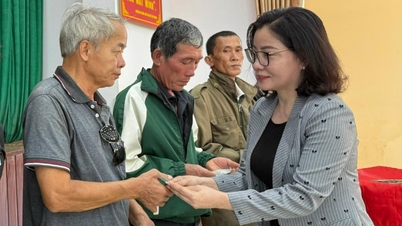
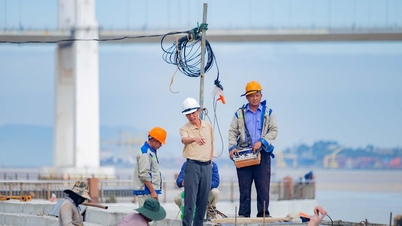














Comment (0)